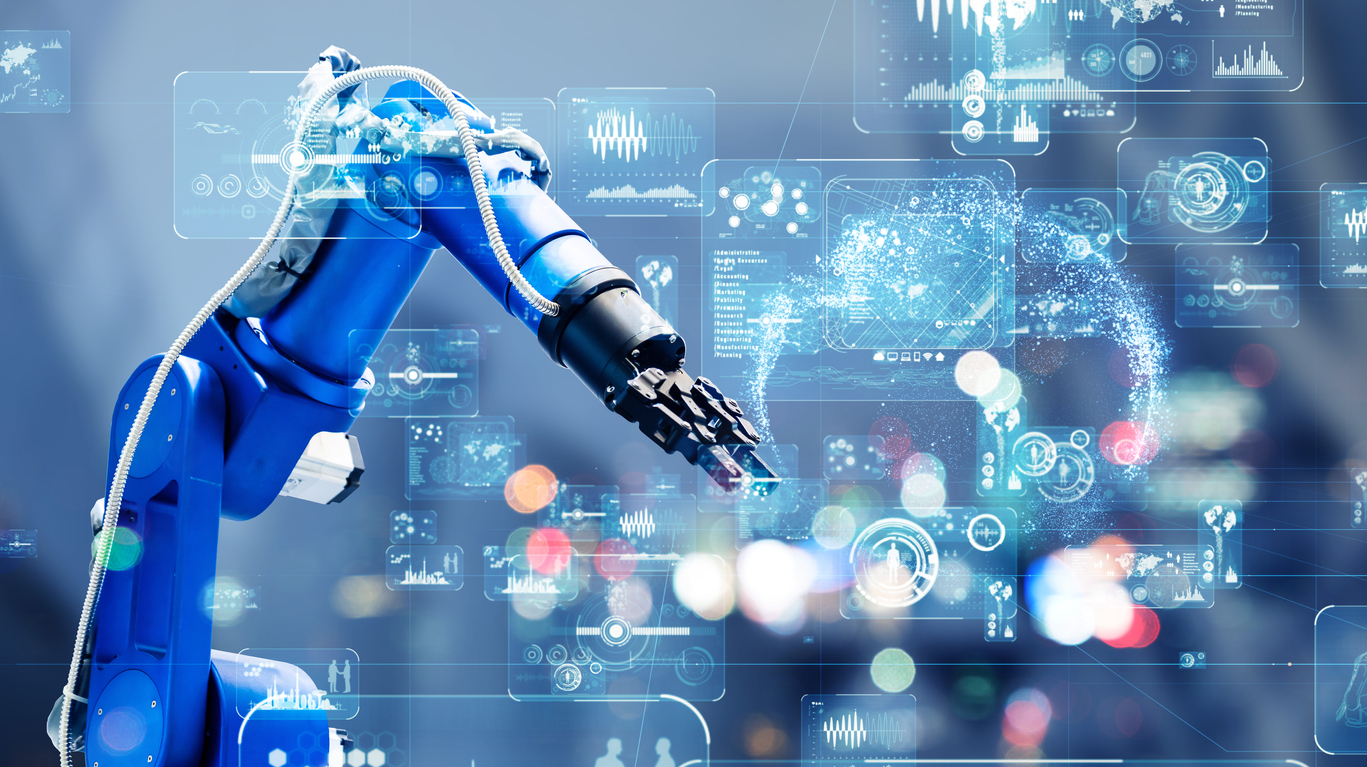In today’s fast-paced industrial landscape, the integration of AI for additive manufacturing quality is rapidly transforming the way we perceive and maintain quality standards. As industries strive for perfection, the role of AI becomes crucial in ensuring that the products meet the highest quality benchmarks. The advent of AI is not just a technological upgrade but a revolution that promises to redefine how quality is perceived and achieved in additive manufacturing.

Understanding Additive Manufacturing
Additive manufacturing, commonly known as 3D printing, is a process of creating three-dimensional objects from a digital file. This technology has gained immense popularity due to its ability to produce complex shapes with ease and efficiency. However, with complexity comes the challenge of maintaining consistent quality, which is where AI steps in.
The Role of AI in Quality Assurance
AI plays a pivotal role in enhancing the quality assurance of products in additive manufacturing. By leveraging machine learning algorithms and data analytics, AI systems can identify defects and inconsistencies that might not be visible to the human eye. This ensures that the final product is not only efficient but also of superior quality.
How AI Improves Quality in Additive Manufacturing
Real-time Monitoring and Feedback
One of the significant advantages of using AI in additive manufacturing is its ability to provide real-time monitoring and feedback. AI systems continuously analyze data from the manufacturing process, allowing for immediate adjustments and corrections. This proactive approach drastically reduces the chances of defects and enhances overall product quality.
Predictive Maintenance
AI’s predictive capabilities allow manufacturers to foresee potential issues before they arise. By analyzing patterns and trends in the manufacturing process, AI can predict when a machine might fail or when a product might not meet quality standards. This foresight helps in minimizing downtime and ensuring consistent product quality.
Data-Driven Decision Making
AI empowers manufacturers with data-driven insights that aid in making informed decisions. By analyzing vast amounts of data, AI systems can provide recommendations on optimizing the manufacturing process, reducing waste, and improving product quality.
The Impact of AI on Production Efficiency
The integration of AI in additive manufacturing not only enhances quality but also significantly improves production efficiency. By automating various processes and providing real-time insights, AI reduces the time taken to produce a product, thereby increasing throughput and reducing costs.
Reducing Human Error
Human errors are inevitable in any manufacturing process. However, with AI, the chances of errors are significantly reduced. AI systems can perform precise calculations and analyses that are beyond human capabilities, ensuring that the final product is of the highest quality.
Optimizing Resource Utilization
AI helps in optimizing resource utilization by providing insights into the most efficient ways to use materials and machinery. This not only reduces waste but also ensures that the resources are used in the most cost-effective manner.
Challenges in Implementing AI for Additive Manufacturing Quality
High Initial Costs
One of the primary challenges in implementing AI in additive manufacturing is the high initial cost. The technology requires significant investment in terms of infrastructure and training. However, the long-term benefits, such as improved quality and efficiency, often outweigh these initial costs.
Data Privacy and Security
With the increasing reliance on AI and data analytics, concerns about data privacy and security are paramount. Manufacturers need to ensure that they have robust security measures in place to protect sensitive data from breaches and cyber-attacks.
Lack of Skilled Workforce
Another challenge is the lack of a skilled workforce that can effectively implement and manage AI systems. As the technology evolves, there is a growing need for professionals who are well-versed in AI and its applications in manufacturing.
The Future of AI in Additive Manufacturing
The future of AI in additive manufacturing looks promising. As technology advances, AI systems are expected to become more sophisticated, offering even greater enhancements in quality and efficiency. The continuous evolution of AI promises to bring about a new era of manufacturing where quality and efficiency are at their peak.
AI and Sustainability
AI is also playing a crucial role in making manufacturing processes more sustainable. By optimizing resource utilization and reducing waste, AI contributes to creating a more sustainable and eco-friendly manufacturing environment.
Collaboration Between AI and Human Intelligence
The future of AI in manufacturing will likely see a harmonious collaboration between AI systems and human intelligence. While AI can handle repetitive and data-intensive tasks, humans will continue to play a crucial role in decision-making and strategic planning.
Conclusion
In conclusion, the integration of AI for additive manufacturing quality is redefining the standards of quality and efficiency in the industry. While there are challenges in implementation, the long-term benefits of AI make it a worthwhile investment. As we move forward, AI will continue to play a pivotal role in shaping the future of manufacturing, ensuring that quality and efficiency are always at the forefront.

FAQs
What is additive manufacturing?
Additive manufacturing, also known as 3D printing, is a process of creating three-dimensional objects from a digital file. It allows for the production of complex shapes with high precision.
How does AI improve quality in additive manufacturing?
AI improves quality by providing real-time monitoring, predictive maintenance, and data-driven insights, all of which help in reducing defects and ensuring consistent product quality.
What are the challenges of implementing AI in manufacturing?
Challenges include high initial costs, data privacy and security concerns, and a lack of skilled workforce to manage AI systems.
For more insights on AI in manufacturing, you can visit this blog post.
Learn more about related topics on AI Manufacturing Quality and Welding Quality Control.
This article contains affiliate links. We may earn a commission at no extra cost to you.

